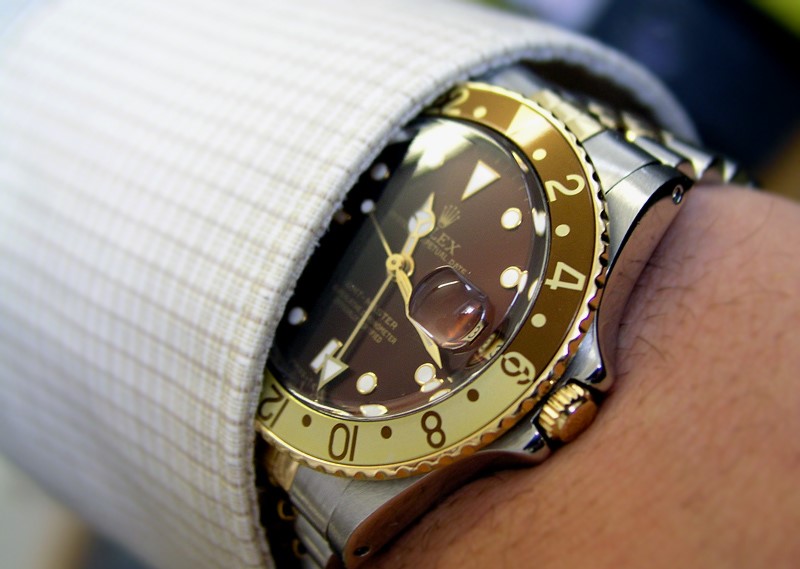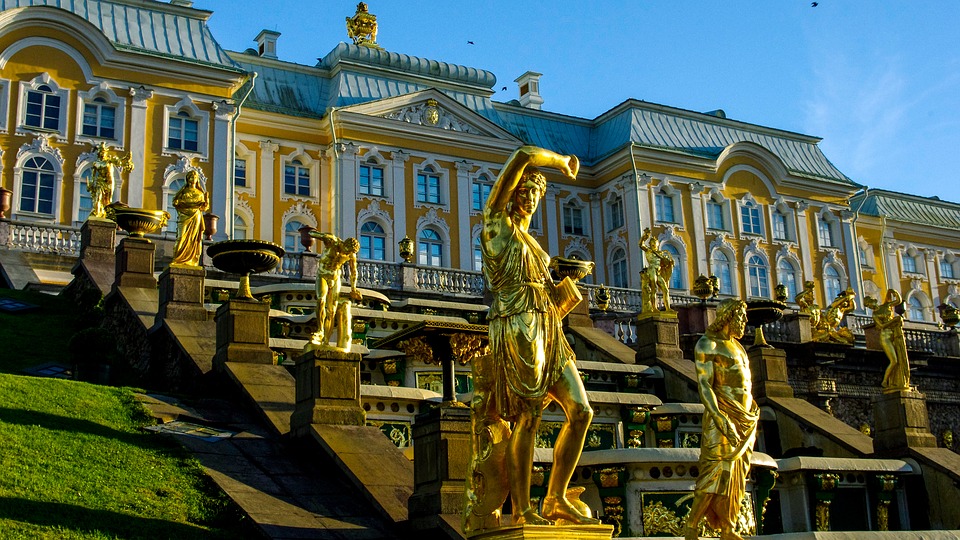Private wealth is a relatively new phenomenon in Russia however, according to
New World Wealth, Russia is the country with the sixth largest outflow of individuals with a net worth of over $1 million. Unlike other regions, Russia is experiencing its first generation of High Net Worth Individuals,ever increasing the demand for second citizenship.
Who is the Russian High Net Worth Individual?
The Moscow School of Management Skolkovo Wealth Transformation Centre has carried out a qualitative study on 39 High Net worth Individuals, two of whom were women, to identify who is the typical Russian HNWI.
According to this survey, the typical Russian HNWI is a married male entrepreneur with two children who started his business in the early 90s. On average, these individuals are forty-eight years old.

According to Forbes Insights, Russia’s wealthy are, on average, 15 years younger than their counterparts in the U.S., U.K. or Germany. Moreover, a staggering 100% of HNWI studied by Forbes in 2011 were all self-made.
According to the response given by 43% of the respondents in the study carried out by the Skolkovo Wealth Transformation Centre, the most common fields of business for affluent Russian individuals are finance, investment and insurance, while 27% are involved in commercial real estate development or management. 58% of these HNWI do business in Europe, and a 71% majority invests in property alongside running their main business, which would already start to explain their demand for second citizenship.
Why are Russian HNWIs increasingly interested in attaining Second Citizenship?
To understand why Russian HNWIs are increasingly considering a second passport as an attractive option, it is imperative to understand their attitude towards investments and as well as what they consider to be in the best interest of the family.
The appeal of second citizenship is to pave the road for opportunities which were previously inaccessible to investors and their families, as well as their businesses.
Research shows that wealthy Russian HNW families value high-quality education as an important requisite to ensure that children have unfettered access to the best education possible is very often a decisive factor when wealthy Russians choose their place of residence. Indeed, programmes such as
European Citizenship by Investment Programmes such as those offered by
Malta and
Cyprus are becoming increasingly popular since they grant the right to live, work and study within any of the European Union’s 28 member states, thus allowing HNWI the chance to relocate to Europe and enrol their children in some of the top educational institutions and universities. Russia’s notorious lack of respect for various civil liberties and human right breaches are very often considered as a deterrent to personal growth and go against the right to self-determination which saw the vast majority of these self-made millionaires and billionaires amass their fortunes.

Living in Russia together with one’s family is also a bone of contention for most HNW families. 56% of the respondents of the Skolkovo research prefer Russia as the place of residence for the family, however various respondents showed considerable scepticism towards a secure future in Russia.
The Skolkovo study elaborates on the attitude of Russian HNWIs towards living in Russia and the children’s education. Some respondents stated that although they want to live in Russia, they have to send their children abroad if they want to experience living in a free country. Another commented that education is very important and Russia does not offer the right educational environment. Therefore in order to access top educational institutions the family is considering to relocate abroad, which can be done through the obtainment of a second citizenship.
Relocation of Russian Companies
From a business perspective, there are several drivers behind the increasing demand for second citizenship which are interlinked with Russia’s socio-political and economic situation. Russia scored poorly for corruption (
ranking as the 131st least corrupt nation out of 175 countries in 2016), and most Russians feel that Russia’s political circle is widely corrupt which stifles investors’ attitudes towards investing in Russia. Moreover, the Russian economy suffered considerable damage following Russia’s annexation of Crimea and the resulting asset freezes, travel bans, arms embargos and financial restrictions. As a result, Russia has been dealing with a recession which was further worsened by the decline in the price of oil which in turn had adverse effects on the Rouble, the Russian currency. Thus the current climate further pushed investors out of Russia.
The
2017 Wealth Report carried out by Knight Frank identified the top five factors which Russian and CIS clients are mostly concerned about when it comes to wealth management and making investment decisions as: capital growth (58%), privacy (68%), protecting wealth from political interference (54%) income return (50%) and portfolio diversification (50%).
When comparing the above data with the current investment climate in Russia, it becomes considerably clearer why Russians are increasingly opting for a second passport, very often by carrying out an investment in a state that offers citizenship by investment programmes.
One of the major advantages of citizenship by investment lies in the fact that there is a programme available for every type of investor, depending on the goal of their investment strategy or personal requirements.

